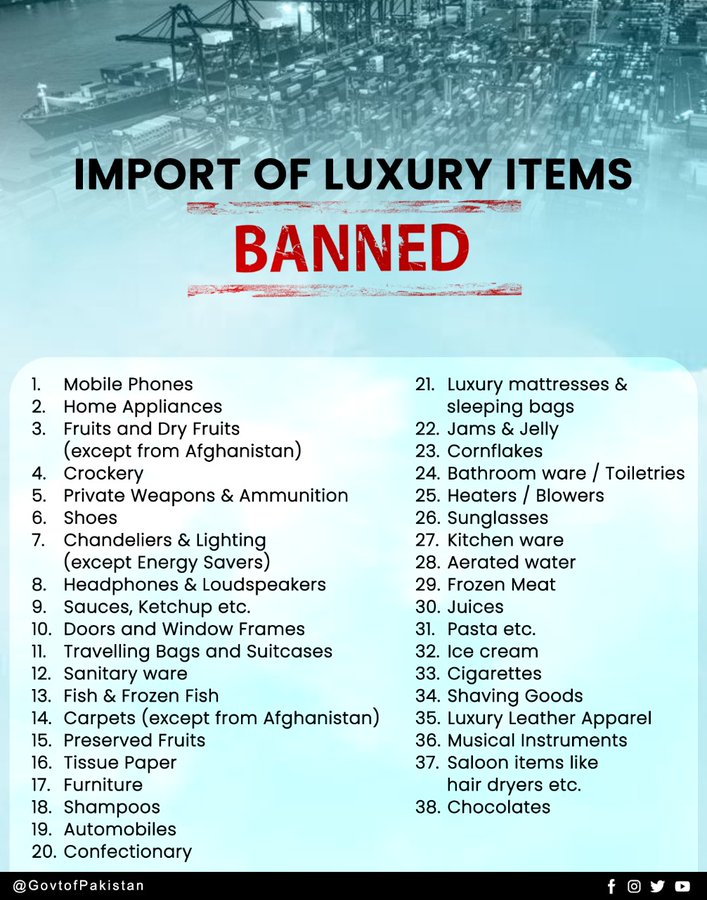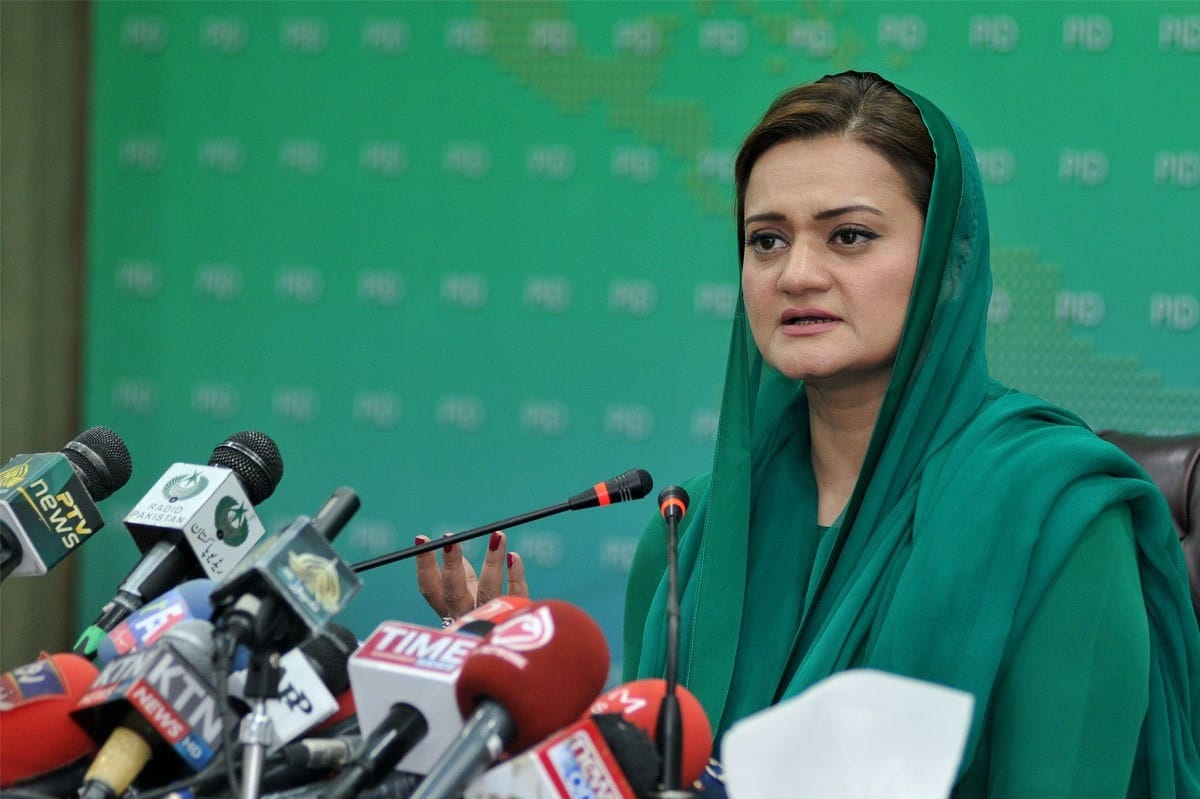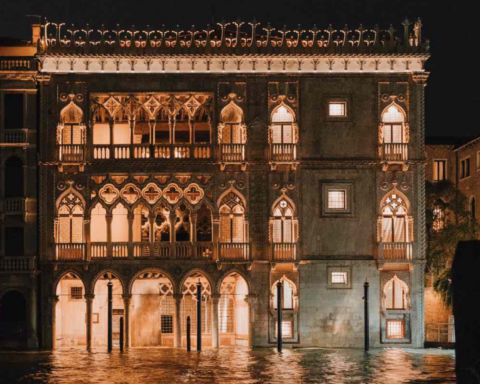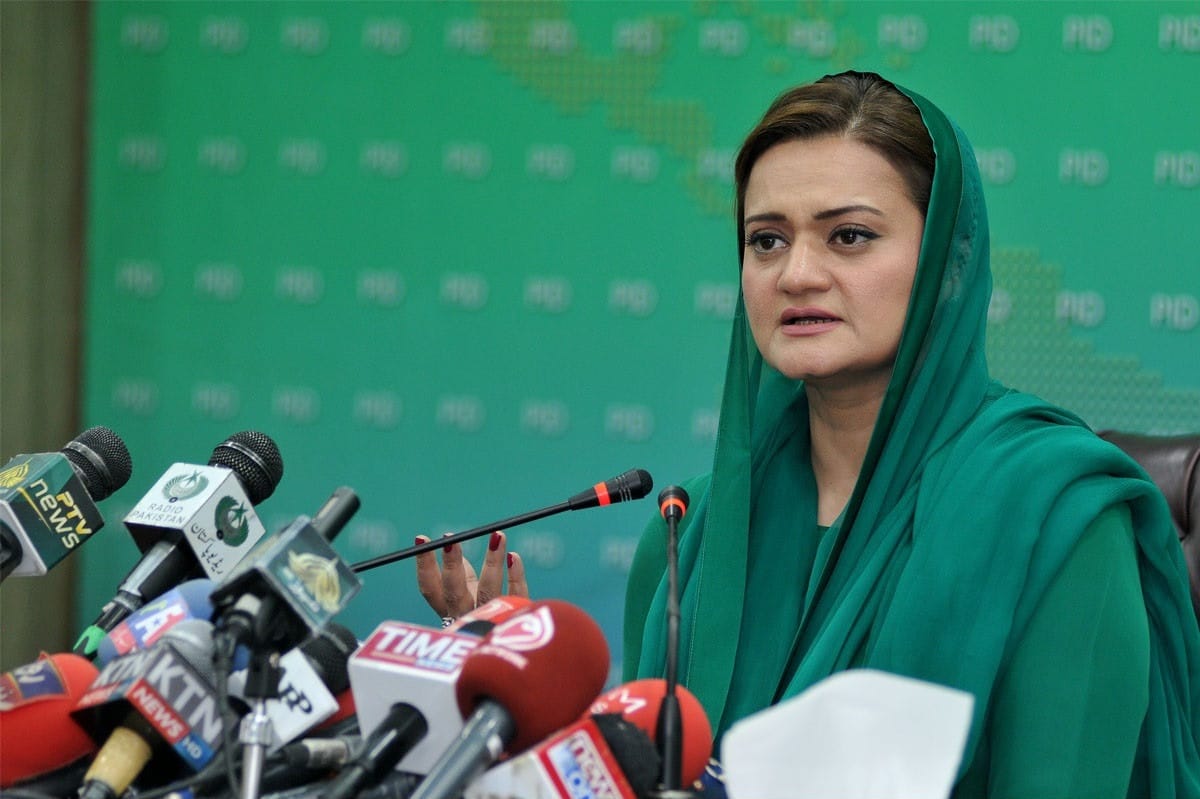No more imports of luxury goods. This was announced by the new government of Pakistan on Thursday 19 May, as part of an austerity plan to stimulate and stabilize the national economy. This announcement follows the measures of restrictions on the import of luxury goods also taken by Nepal a few weeks earlier. Explanations.
“All non-essential luxury items that are not used by the general public have been banned from import,” said Information Minister Marriyum Aurangzeb. Applicable to about 30 luxury products, this ban “will allow the country to save precious foreign currency” as stated by Pakistani Prime Minister Shehbaz Sharif on Twitter.
Together we will overcome all the challenges with resolve and determination, InshaAllah! ?? https://t.co/gIM7lqcjls
— Shehbaz Sharif (@CMShehbaz) May 19, 2022
Indeed, this decision comes at a time when the local currency, the Pakistani rupee, has reached a historic low against the U.S. dollar: 200 rupees to the dollar on Thursday 19, May. Pakistan has been suffering for several months from crushing debt, dwindling foreign exchange reserves, high inflation and currency devaluation, and hopes to slow the economic damage by drastically reducing these imports.
Cell phones and home appliances represent the largest share of imports, followed by cosmetics and jams. And it is notably the country’s elite (the wealthiest) who generate the most imports of luxury goods into Pakistan.

Effective immediately, this decision will “give a boost to the local economy and industry”, says Marriyum Aurangzeb, before adding that “we can save 6 billion dollars by imposing a ban on the import of luxury items” .
“I think this is a prudent move on the part of the government”, which should “help save much needed foreign exchange to pay off our international trade debts”, commented Khalid Tawab, former vice president of the Pakistan Chamber of Commerce.
A month earlier, it was Nepal‘s turn to ban the import of luxury goods to prevent the country’s foreign exchange reserves from declining, “due to growing deficits and high imports,” explained Nepal Rastra Bank spokesman Gunakar Bhatta.
Imports of machinery, silver, ready-made garments, electrical appliances, textiles, automotive equipment, motorcycles, and gold, among others, have been banned. Many other products, including edible ones, have also been banned.
Read also > IN CHINA, THE GOVERNMENT IS GRADUALLY LIFTING RESTRICTIONS ON COVID-19
Featured Photo : © Press











